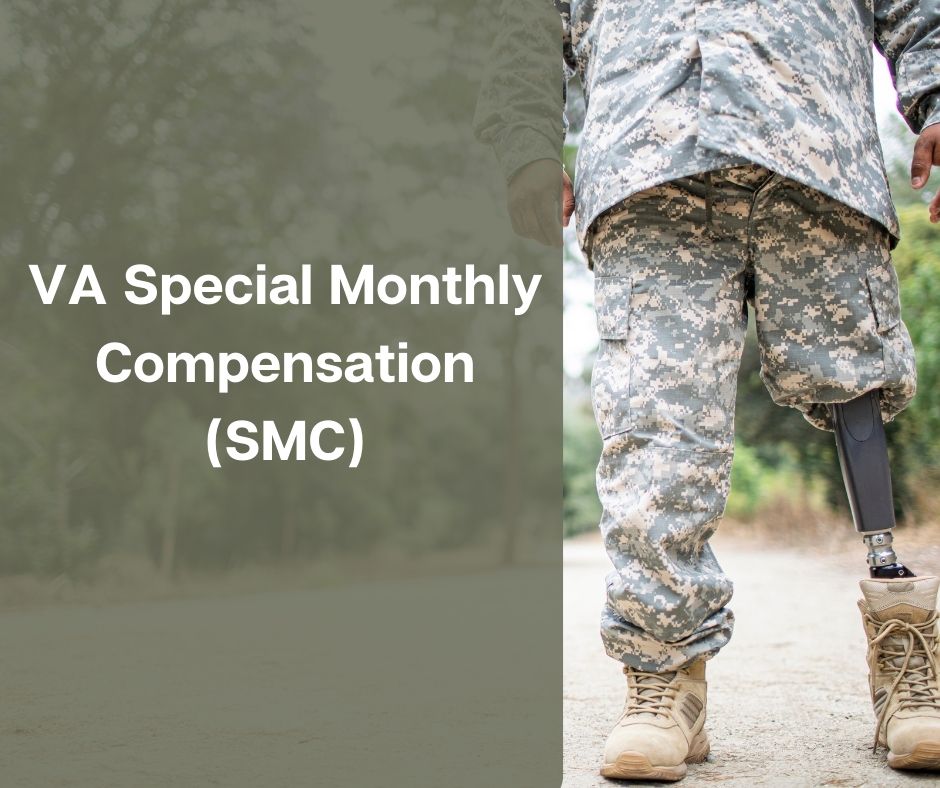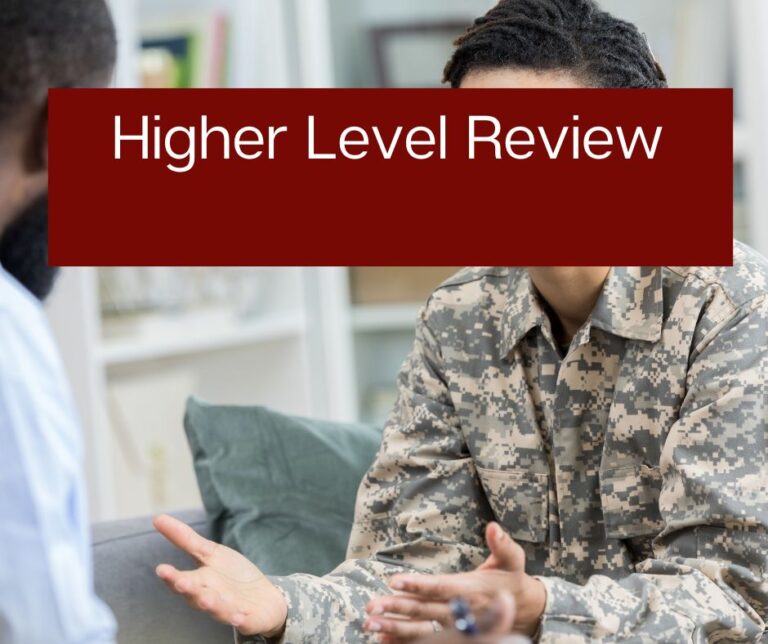Special Monthly Compensation Explained: Navigating Extra Benefits for Disabled Veterans
Navigating the world of veteran benefits can sometimes feel like trying to find your way through a maze. There is Disability Compensation, DIC, Pension, SMC, and other compensations. What do they all mean, and am I eligible for any or all of them? Well today, we’re diving deep into the topic of VA Special Monthly Compensation (SMC) – a benefit that, though less talked about, can be a game-changer for veterans and their families.
What is VA Special Monthly Compensation?
VA Special Monthly Compensation is a benefit paid in addition to regular VA Disability Compensation for veterans who have, as a result of military service, incurred the loss or loss of use of specific organs or extremities. Think of it as the VA’s way of acknowledging that some disabilities affect a veteran’s life more profoundly than the standard compensation rates can cover.
The key difference here is that SMC is designed for those who are experiencing exceptionally severe disabilities or combinations of disabilities. These can include conditions like the loss of limbs, sight, or certain bodily functions. It’s like an extra layer of support for those who need it most.
For veterans and their families, SMC can be an absolute lifeline. It not only provides financial support but also acknowledges the extraordinary challenges that come with severe service-connected conditions. This compensation can help cover the costs of care, adapt living spaces, and generally improve the quality of life for veterans and their loved ones.
Eligibility Criteria for SMC

To be eligible for SMC, the condition or disability must be service-connected. This includes a range of issues, from the loss of use of a hand or foot to more severe cases like blindness or paralysis.
The VA classifies SMC benefits into several categories (from SMC-K to SMC-R), each reflecting the severity of disability and corresponding to a specific compensation rate. The higher the level of disability, the higher the SMC rate.
Some special cases, such as veterans requiring aid and attendance or those with dependent parents or spouses, may qualify for higher rates of SMC. It’s a recognition that some situations demand additional support.
Applying for SMC
Applying for SMC starts with determining what type of SMC you are filing for. Is it due to severe injury or the Veteran being bedridden and needing constant care? It’s essential to provide detailed medical records and any other documents that support your claim.
In addition to medical records, including statements from your healthcare provider can strengthen your application. Documents that detail how your disability affects your daily life are also crucial.
Tips for a Successful SMC Application
- Be thorough and detailed in your application.
- Don’t underestimate the importance of supportive documents.
- Seek assistance from a Veteran Service Officer if you’re unsure about the process. Sometimes, a little guidance goes a long way.
And there you have it – a closer look at VA Special Monthly Compensation. For many veterans and their families, understanding and accessing SMC can significantly impact their quality of life. Remember, if you or a loved one are considering applying for SMC, you don’t have to go it alone. Your local VSO will be happy to help you with the filing. If you don’t know how to find your local VSO, do like a reader of the blog did a couple of weeks ago and send us an email. We will be glad to locate your local VSO and send their information to you.
Whether you’re at the beginning of your application journey or seeking additional information, I hope this guide serves as a helpful companion along the way. Remember, the acknowledgement and compensation you may receive through SMC are acknowledgements of your sacrifice and service. It’s not just about financial support; it’s about ensuring you and your family’s needs are met with the dignity and respect you deserve.
As always, if you have any comments or questions, please leave them below or email us at info@nwavet.org.







